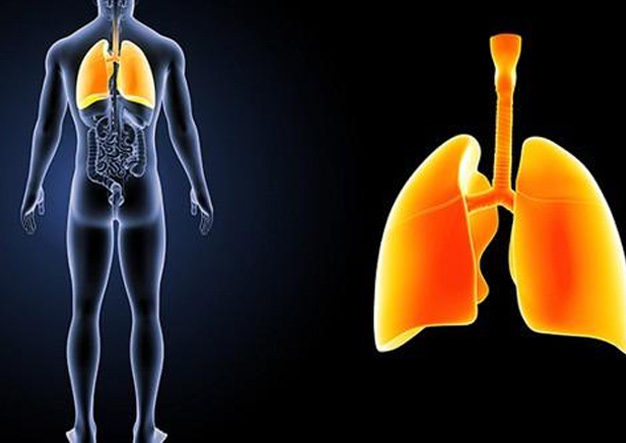
March 28, 2023
First, the impact of lung cancer on fertility depends on the type of lung cancer, treatment methods and early detection of the disease. Generally speaking, if lung cancer is detected early and treated promptly, the impact on fertility may be less. However, for patients with advanced lung cancer or those who require a pneumonectomy, the likelihood of having children is relatively low.

During treatment for lung cancer, patients often need to undergo radiation therapy, chemotherapy or surgery. These treatments may have varying degrees of impact on fertility. For example, radiation therapy and chemotherapy may affect a woman's fertility, possibly causing menstrual irregularities, impaired ovarian function, or infertility. For men, radiation and chemotherapy may also negatively affect semen quality and quantity, thereby reducing fertility.
In addition, couples who want to conceive should consider the possible genetic risks of lung cancer when considering having children. While most lung cancers are induced by environmental factors, a small percentage are caused by genetic mutations. Therefore, if a person has lung cancer, their children may be at higher risk for lung cancer.
In addition, the stress and physical discomfort during lung cancer treatment may also bring certain difficulties to the fertility process. Lung cancer patients usually experience physical pain, fatigue, anemia and other symptoms, which may affect their mental state and sexual desire, thereby affecting their desire and ability to have children.
To sum up, lung cancer has a certain impact on fertility. However, it’s worth emphasizing that everyone’s situation is different. Some people may be able to successfully conceive after lung cancer treatment, while others may take longer or use different methods of fertility. Therefore, lung cancer patients or people affected by it should have a detailed discussion with their doctor to understand its specific impact on fertility and develop an appropriate birth plan based on their individual circumstances.
Finally, for those who are considering having children, preventing lung cancer is crucial. Avoiding smoking and exposure to second-hand smoke, maintaining a healthy lifestyle, and regular physical examinations and screenings are all effective ways to reduce the risk of lung cancer. By preventing lung cancer, you can best protect the health of yourself and your future family planning.